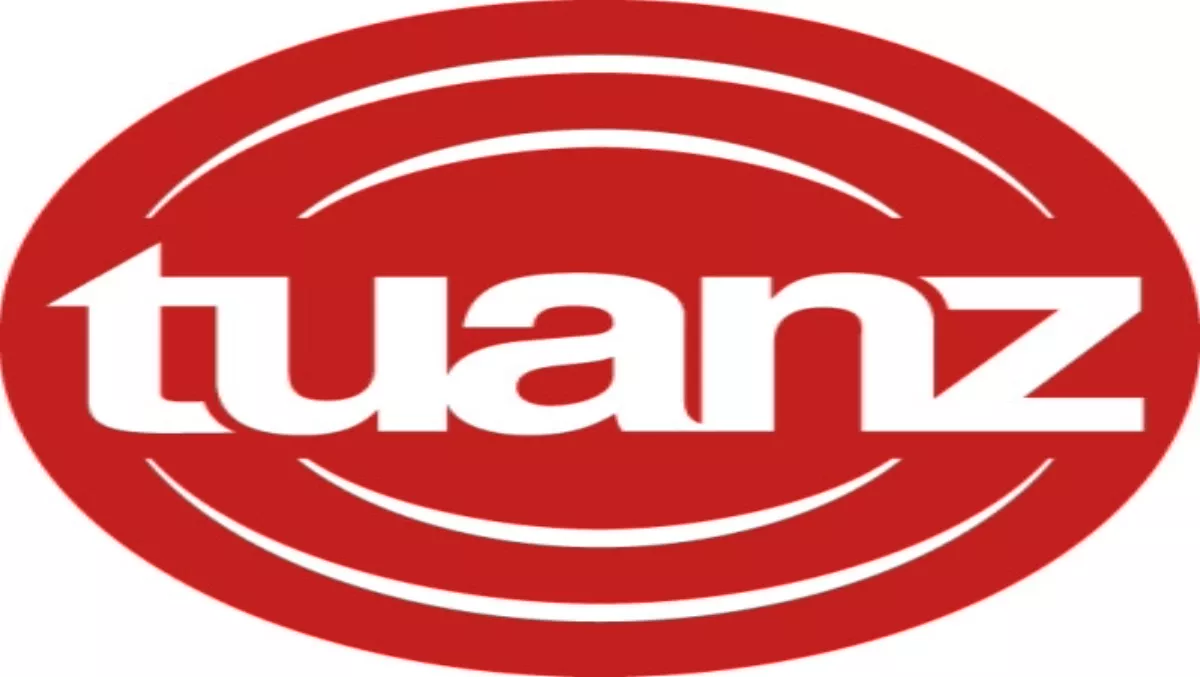Proposed changes to the TUANZ constitution could see a telecommunications industry executive become the chairman of the business user lobby group.
Chairman elect Pat O’Connell says that TUANZ members are being asked to vote on changes which will enable representatives of carriers to stand for the board - and even be elected chairman. Currently carrier members such as Telecom are banned from occupying a seat at the board. (Tier one telcos TelstraClear and Vodafone are not members of TUANZ).
Other changes to the constitution include the chairman being voted in by the board - not by the general membership. So O’Connell says it’s unlikely a board would elect a telco executive as chairman.
He says if these changes are approved at the AGM on 20 April he will not be the chairman, as this position would be voted in at the next Board meeting. However, as secretary of TUANZ he would automatically assume the role until one is elected, because the proposed changes also include the abolition of the vice chairman position.
O’Connell is CIO of Rank Group and has been on the TUANZ Board since 2006. He was named as the incoming chairman in a press release sent out by CEO Ernie Newman last week.So if the rule change is rejected then O’Connell will take over from sitting chair Chris O’Connell (no relation), who is stepping down to spend more time on his consultancy business, Radar Guidance.
Chris O’Connell is remaining as a board member and he agrees that although in theory a carrier executive could become chairman, it’s highly unlikely. “But if in some point in the future the market is a lot more competitive it’s not beyond question or you could easily have a division of Telecom that’s primarily a user rather than a service provider, so why not?”
The change in the rules for carrier membership reflects the blurring of lines between major users and telco suppliers - for example electricity companies such as Vector are both consumers and suppliers of telecommunications. Pat O’Connell says board members are required to declare any conflict of interest between their employment and their role as user advocates.


